Teachers:
Sandra Baumgärtner –OMPT DVMT, MSc. musculoskeletal physiotherapy, OMT, dipl. PT, IMTA teacher
In 2004, Sandra completed her training as a physiotherapist in Graz / Austria. From 2004 to 2010 she worked in Graz and surroundings in a private physical institute as well as a self-employed therapist in a practice community and gained experience in the outpatient and mainly orthopedic area. In 2010 she moved to Bad Freienwalde / Germany and has been working there as a freelancer since then, focusing mainly on musculoskeletal problems. In 2011 she completed the OMT training and MSc. (musculoskeletal physiotherapy) study at the Danube University Krems. Sandra qualified as a teacher in the International Maitland Teachers Association (IMTA) in September 2017 and teaches in Germany, Poland, Latvia and Lithuania.
Thomas Horre – MSc, PT, OMT-DVMT®, IMTA Senior Teacher
Thomas completed his physiotherapy training at the state school for Physiotherapy in Hanover, Germany in 1995. From 1995 to 2001 he gained professional experience in a musculoskeletal outpatients clinic where he advanced to superintendent physiotherapist. From 2002 – 2009 Thomas has been working in his own physiotherapy practice in Osnabruck. In 2002 he attained his OMT qualification with the Deutscher Verband für Manuelle Therapie (Maitland-Konzept) e.V (DVMT) in Germany. Thomas qualified as a teacher with the International Maitland Teachers Association (IMTA) in 2007. Since 2014 he is an IMTA Senior Teacher. He is teaching principally in Germany & Poland. Currently Thomas continues to practise clinically as a freelancer in a private practice in Hamburg. He has been a member of the executive committee of the Deutscher Verband für Manuelle Therapie (Maitland-Konzept) e.V (DVMT®) from 2003 – 2010 and was from 2007 – 2011 a member of the OMT-DVMT® commission. Thomas is also working as a recognized clinical supervisor in the OMT training of the DVMT®. From 2008 – 2011 Thomas was a student in the MSc programme of the Danuba university of Krems, Austria. His main areas of special interest include the management of patients with chronic pain.
Stefan Schiller – PT, MMSPT, OMT-DVMT®, IMTA Teacher
Stefan graduated in 2000 from physiotherapy school in Bad Krozingen, Germany. He gained his initial professional experience in an orthopaedic rehabilitation centre in Freiburg, Germany. In 2003 he completed a 6-month PNF course at the Kaiser Permanente Rehabilitation Center in Vallejo, California, USA. In 2005 he graduated from the University of South Australia in Adelaide with a Masters degree in Musculoskeletal and Sports Physiotherapy. Since 2007 he has worked at the Bethesda Hospital in Basel, Switzerland. Next to his work as a physiotherapist he is also responsible for the internal quality assurance of the hospital’s physiotherapy team. His special interest is the treatment of patients with chronic lumbar or cervical dysfunctions. Stefan qualified as an IMTA teacher in 2013. In addition to teaching post-graduate courses in manual therapy, he is also a lecturer in the Bachelors course in physiotherapy at the Bildungszentrum für Gesundheit (BZG) in Basel as well as a recognised clinical supervisor in the OMT training of the Deutscher Verband für Manuelle Therapie Maitland®-Konzept (DVMT®).
For more information and inquiries, please contact us: Phone: 370 618 67325 OR E-mail [email protected]
For inquiries in Latvian, please email us at: [email protected]

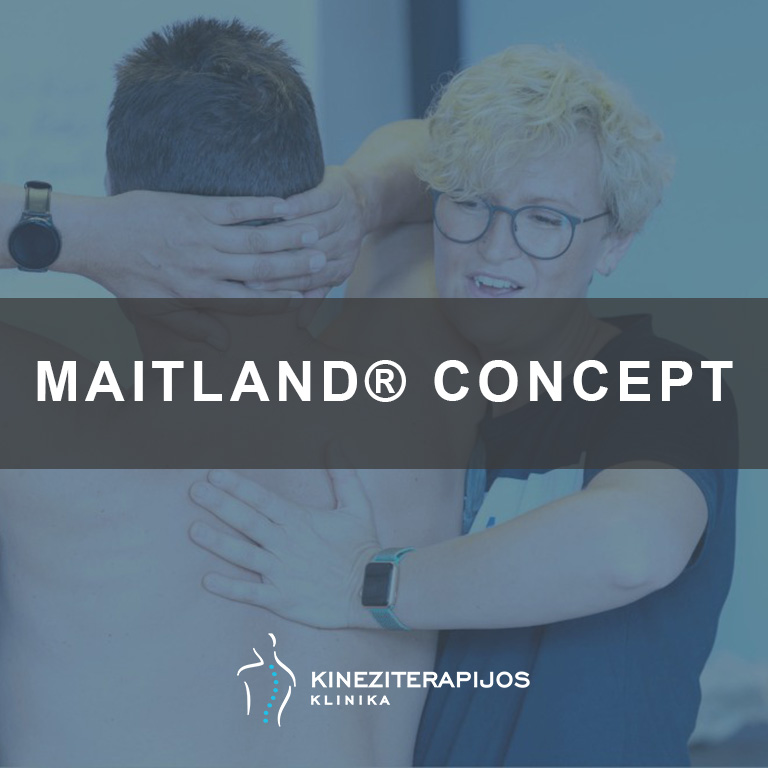
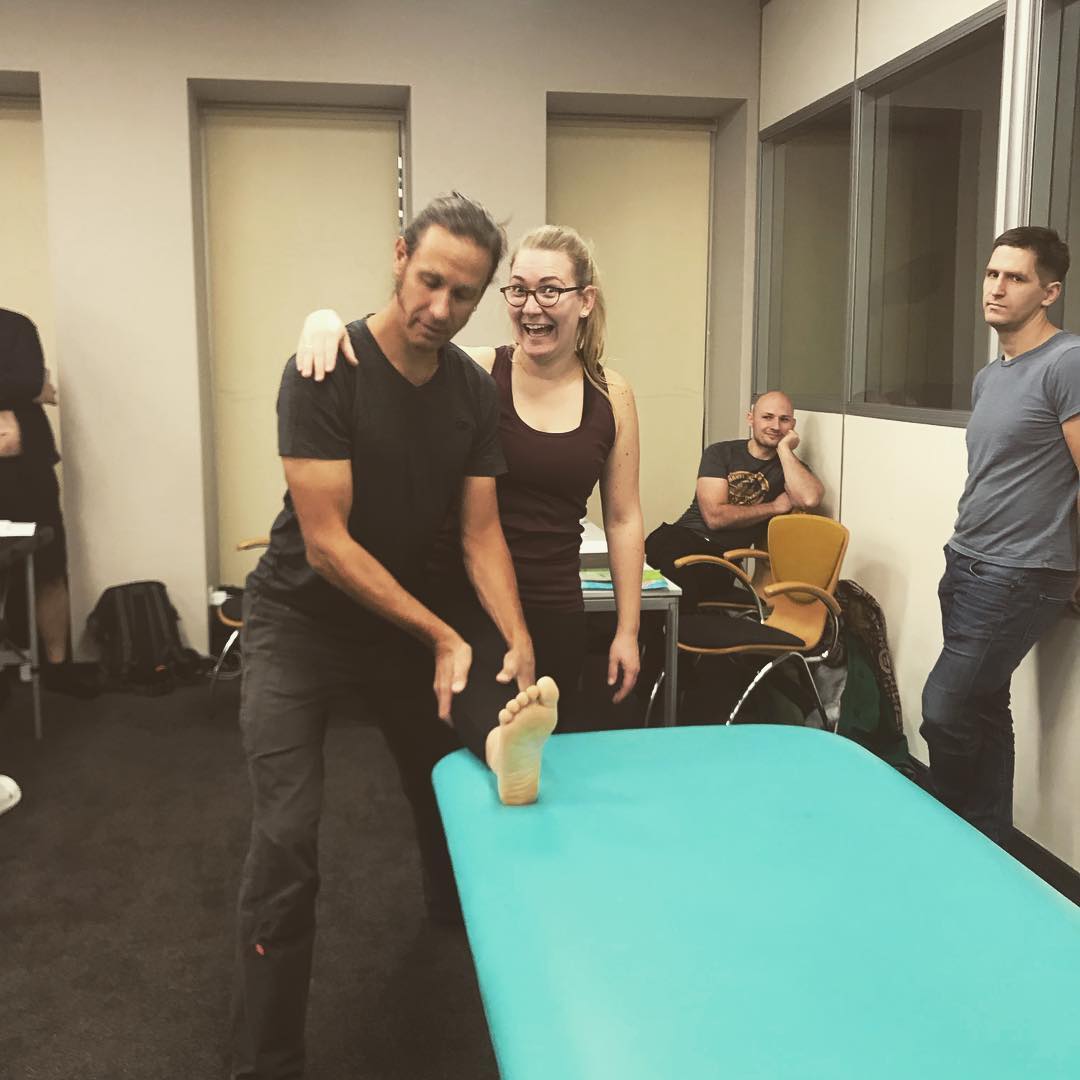
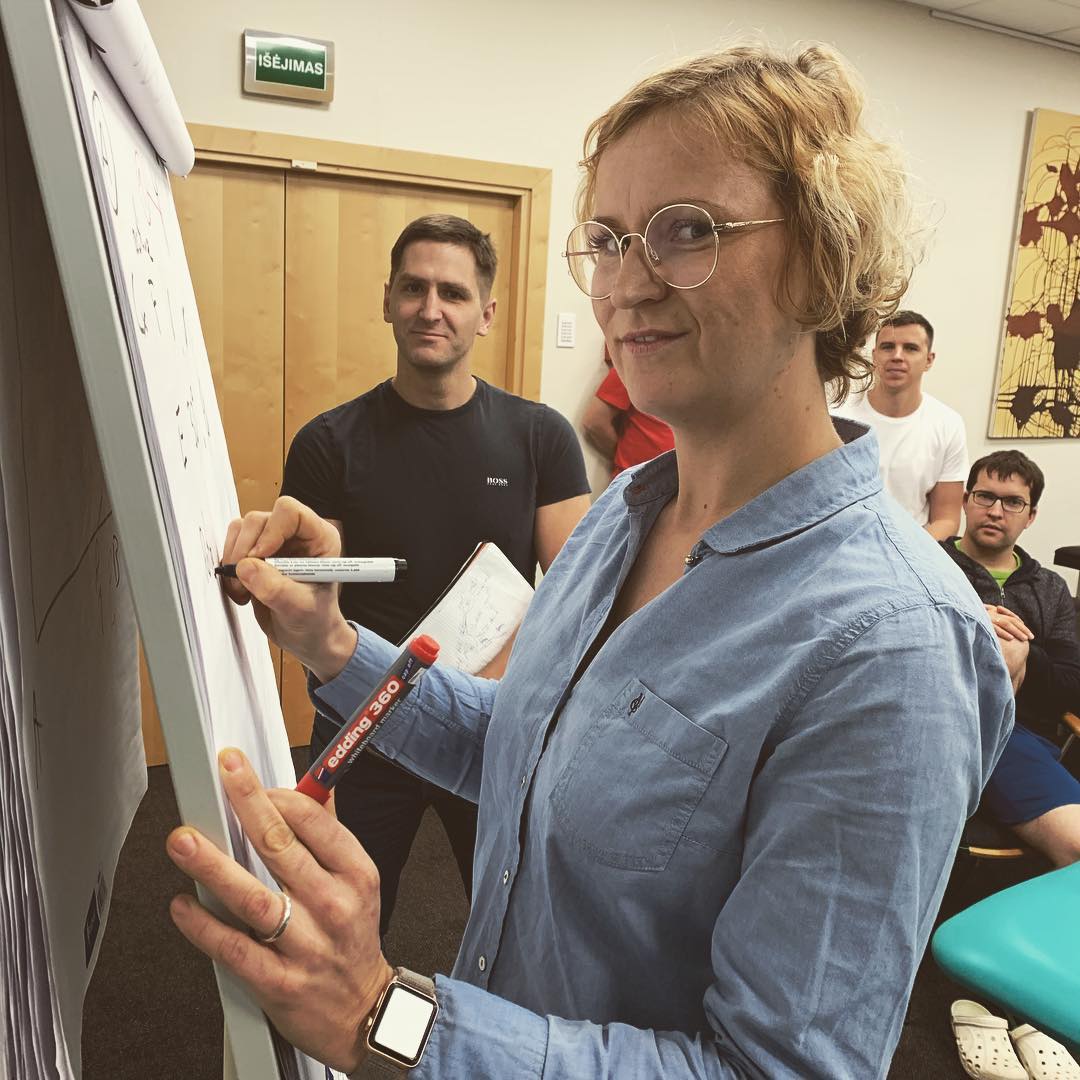
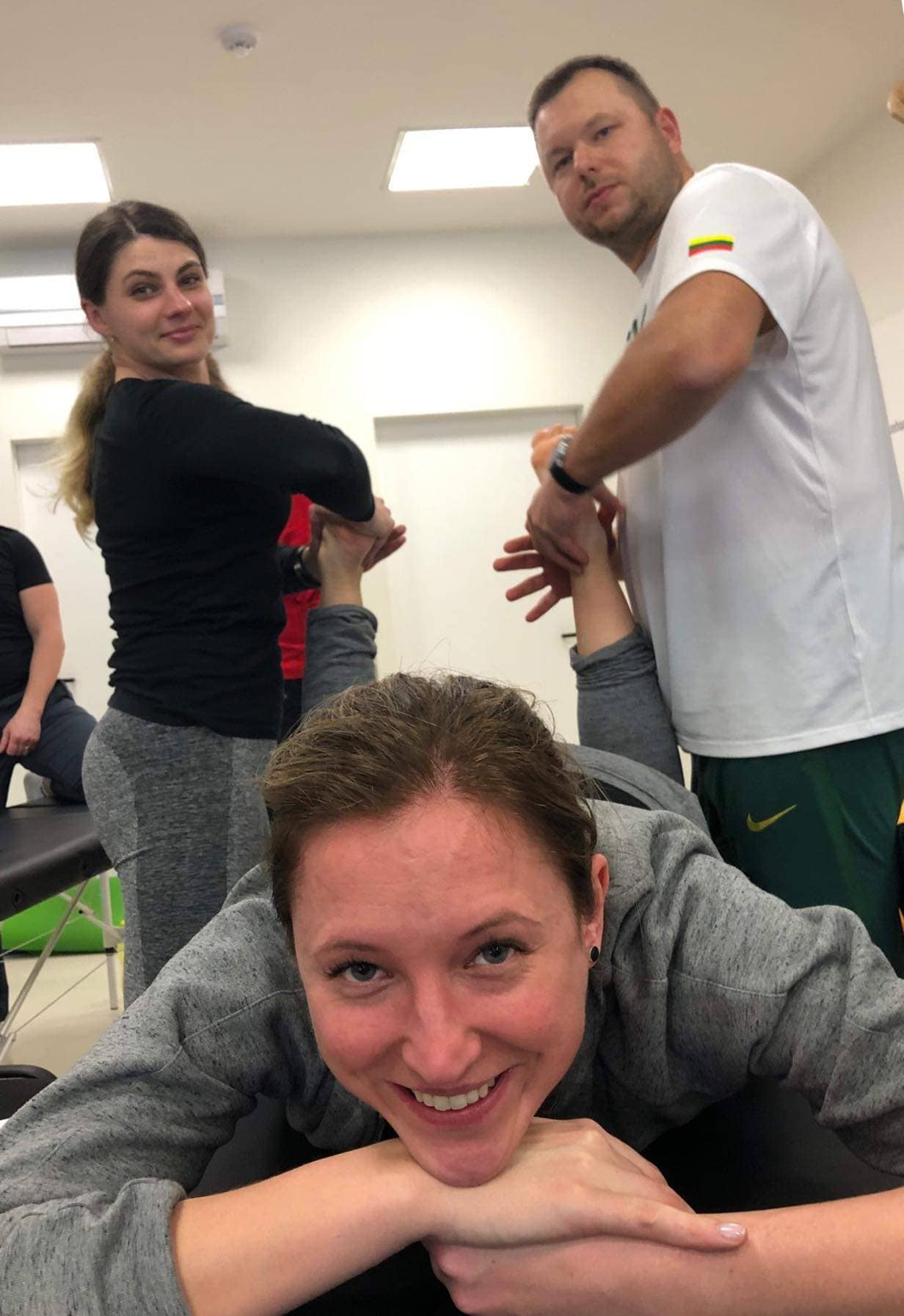
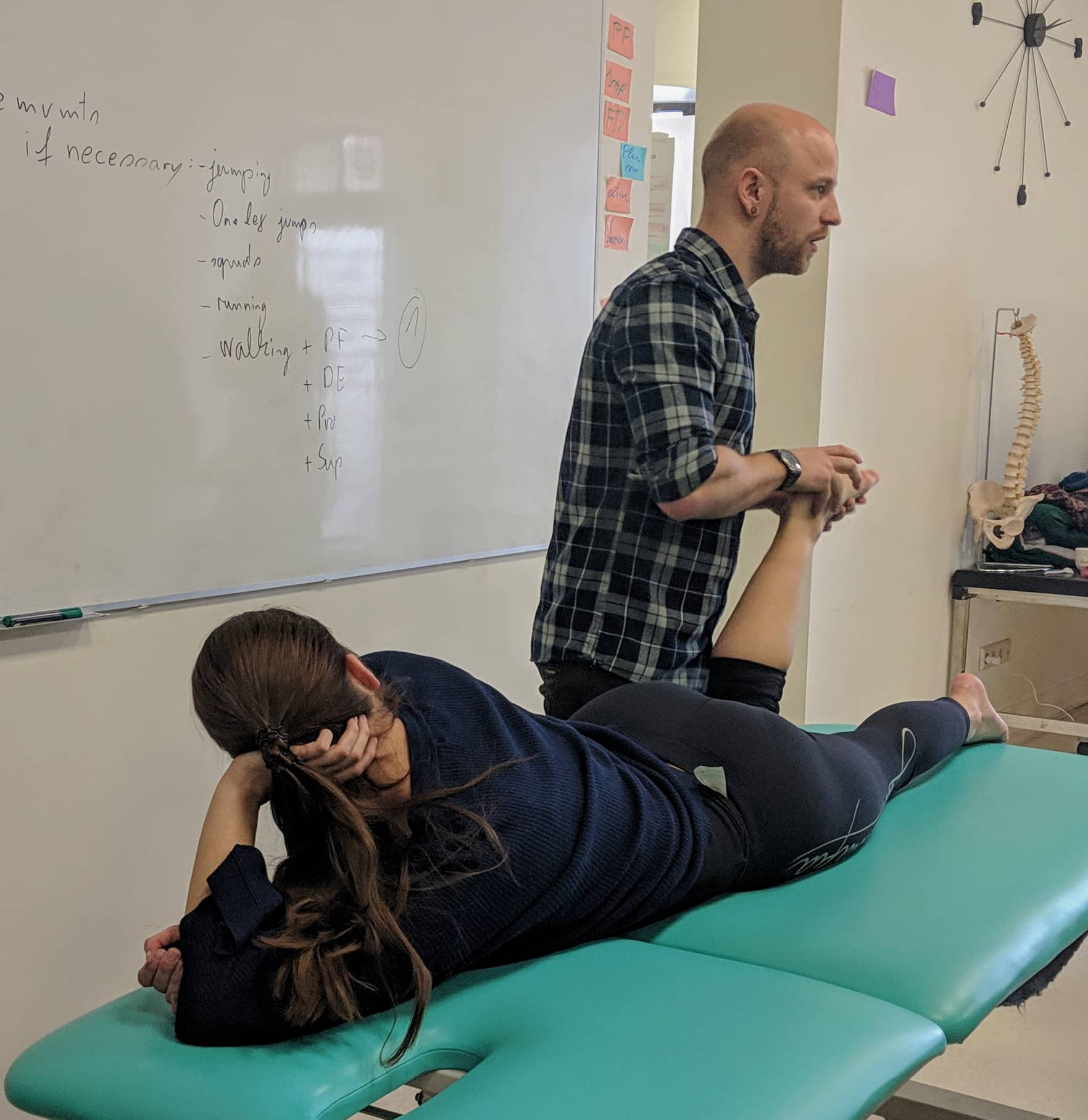
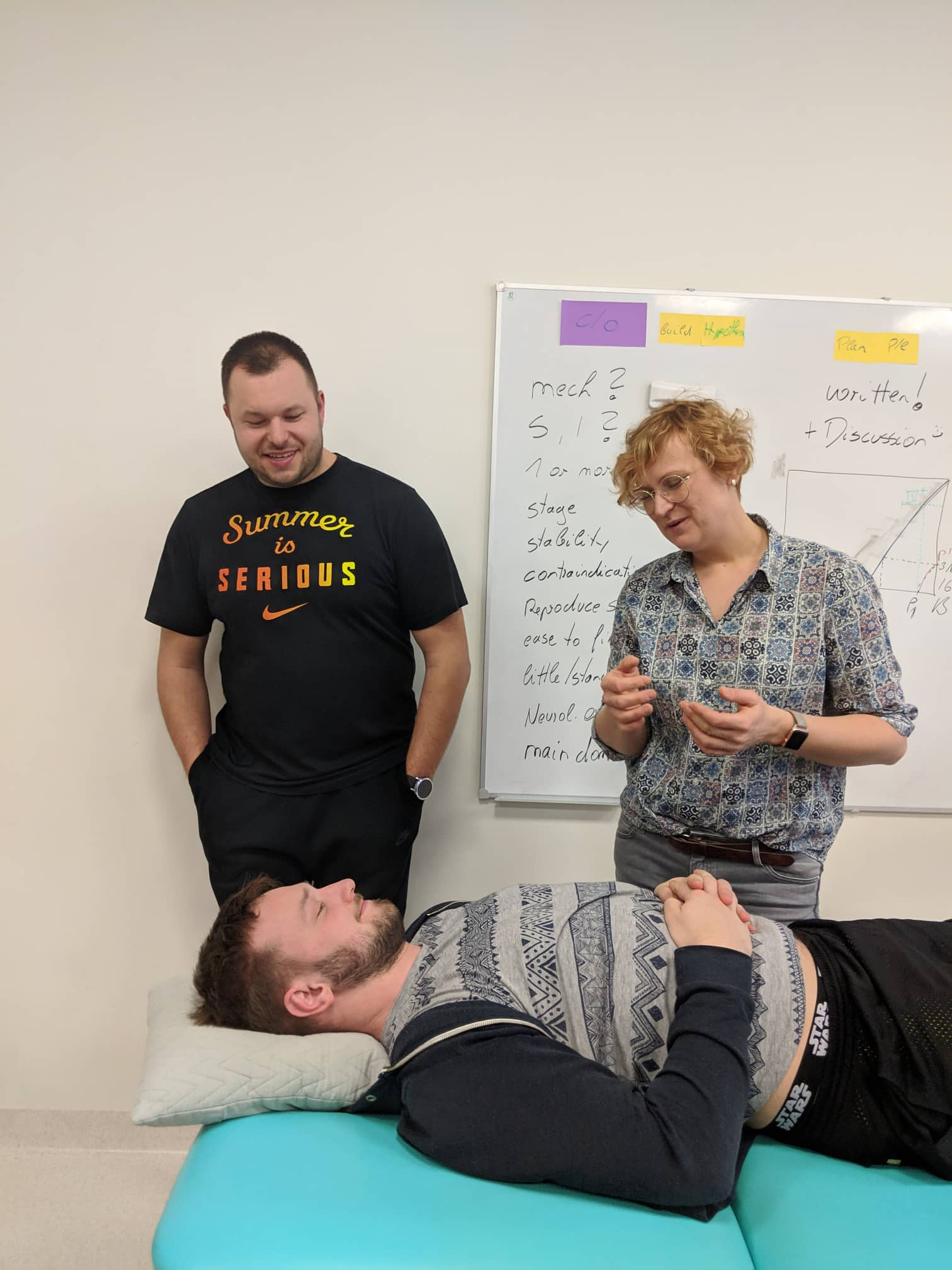
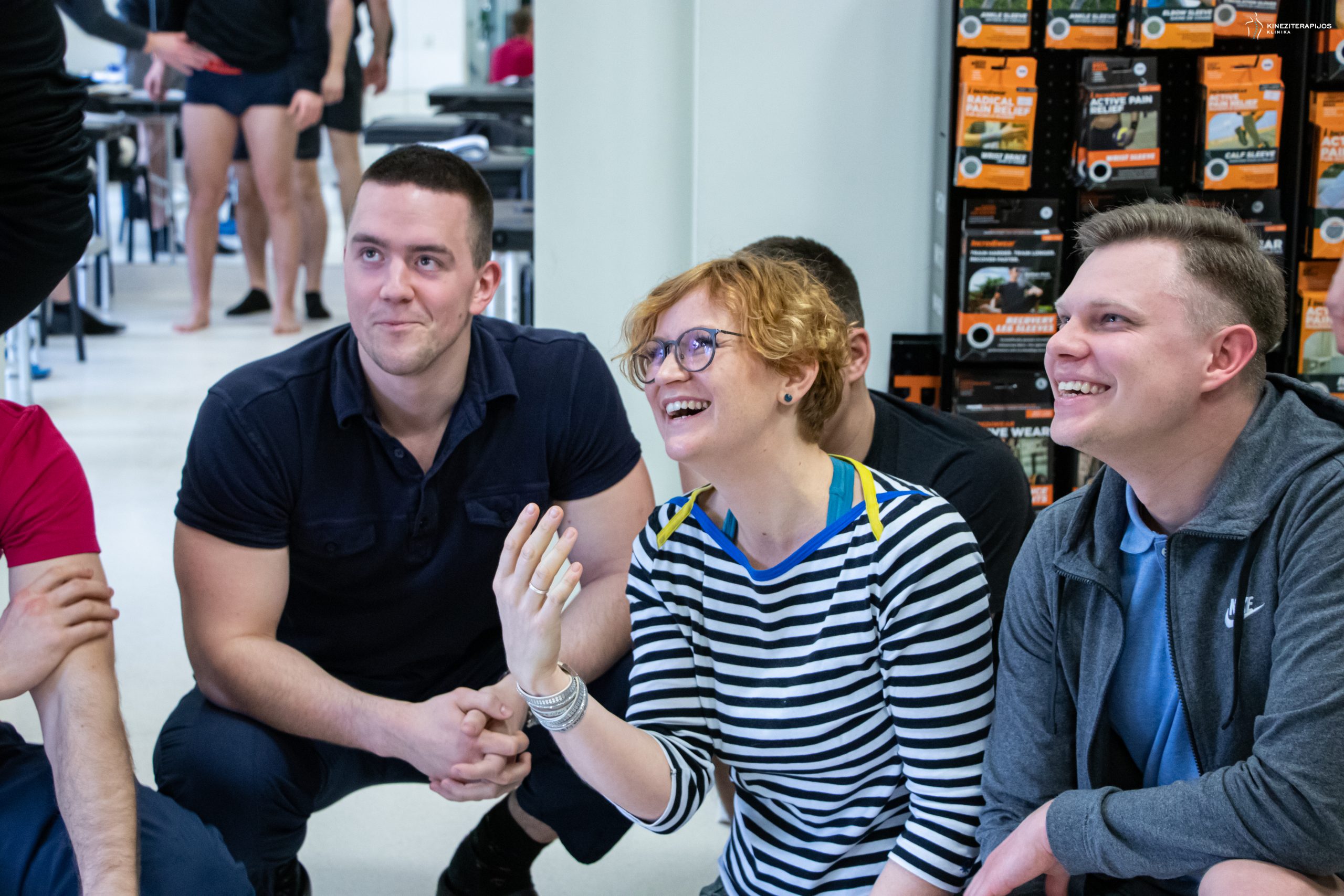
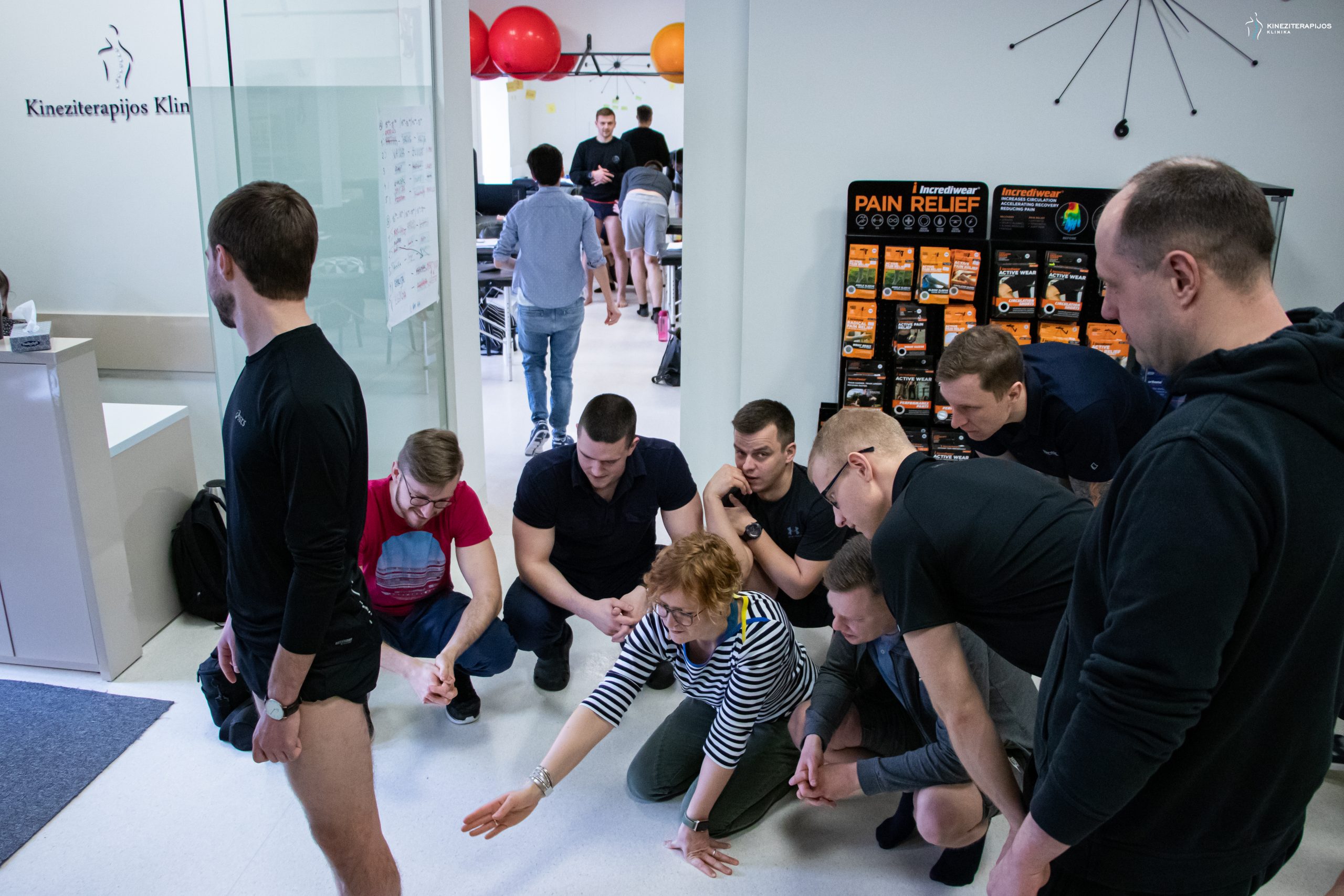
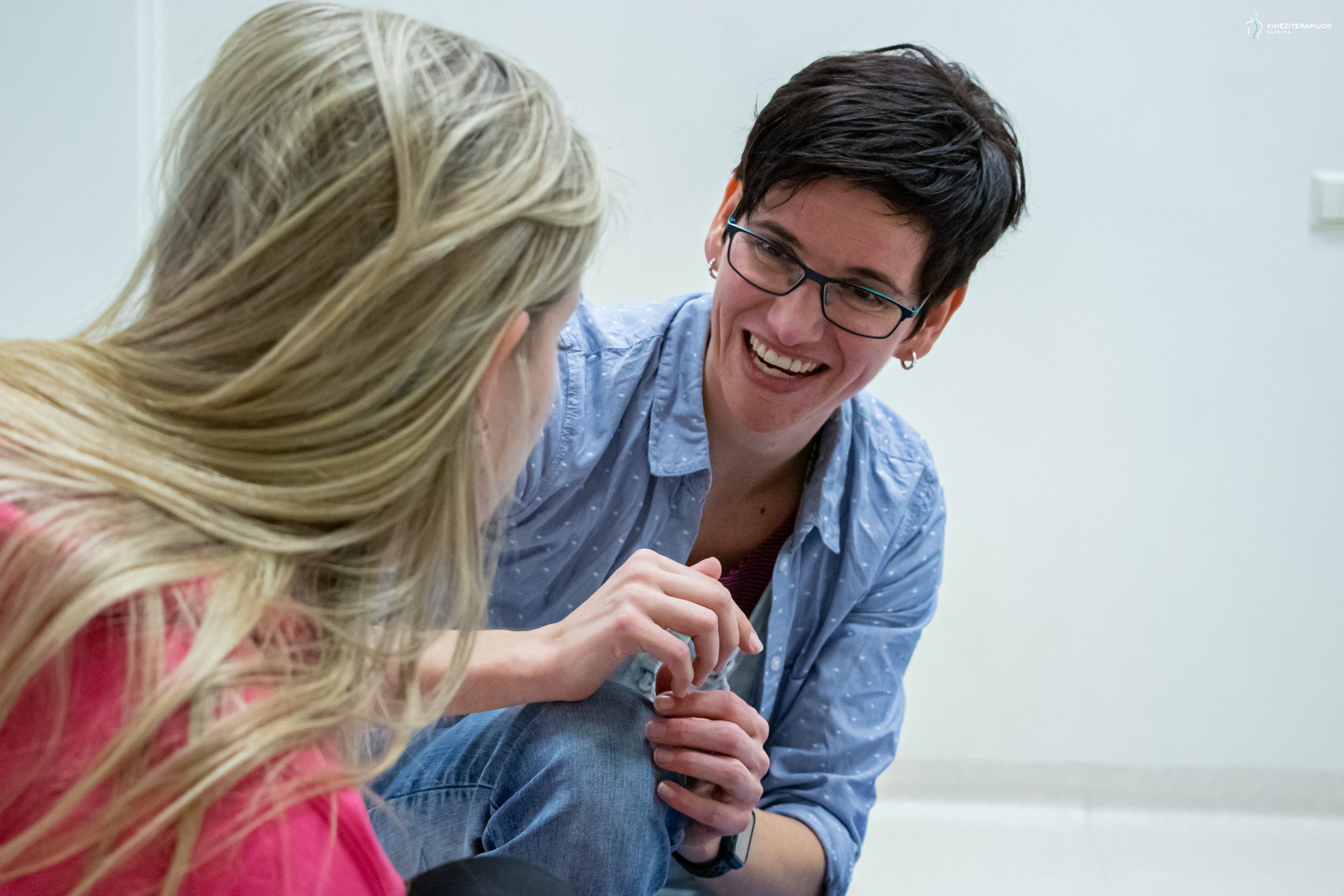
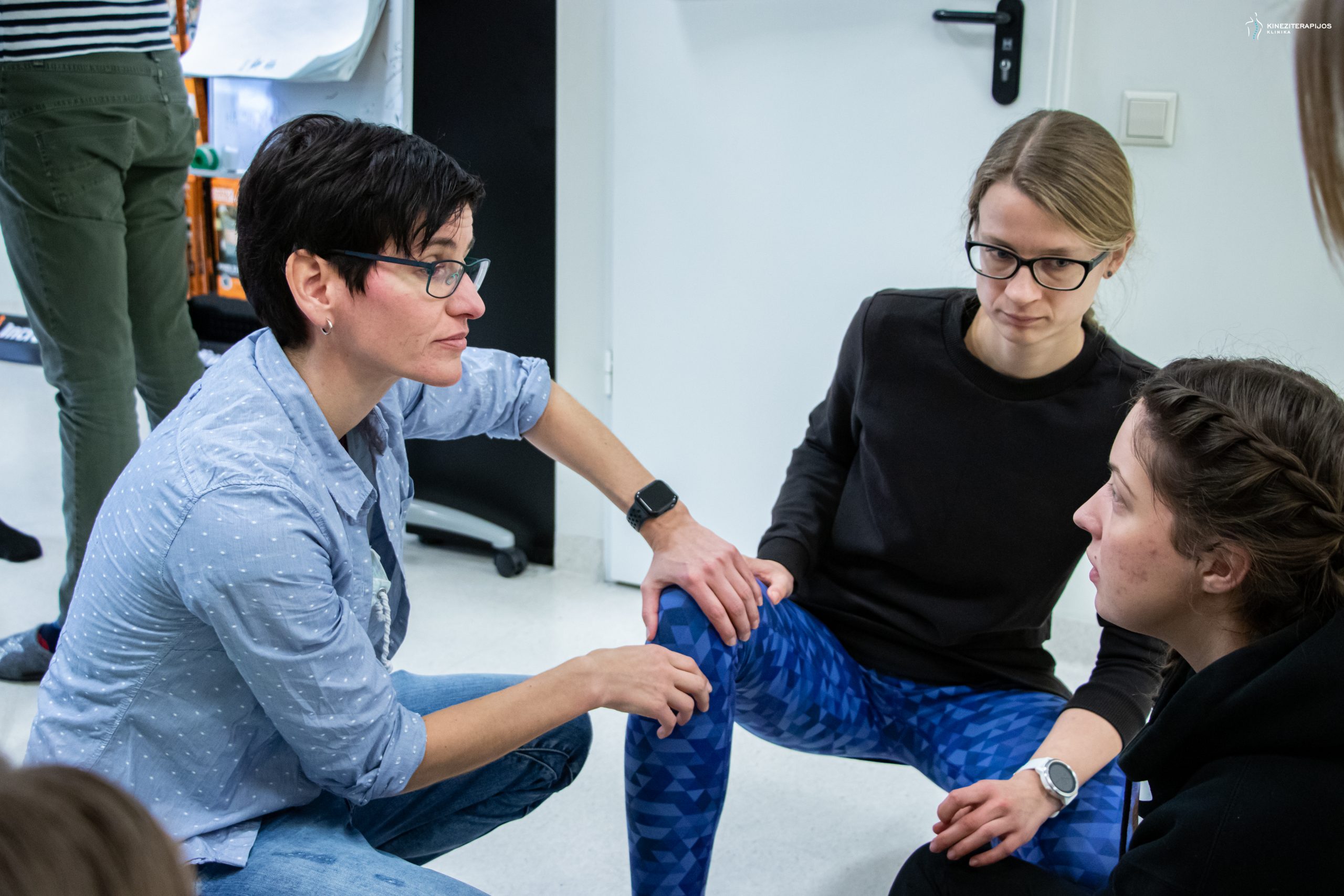
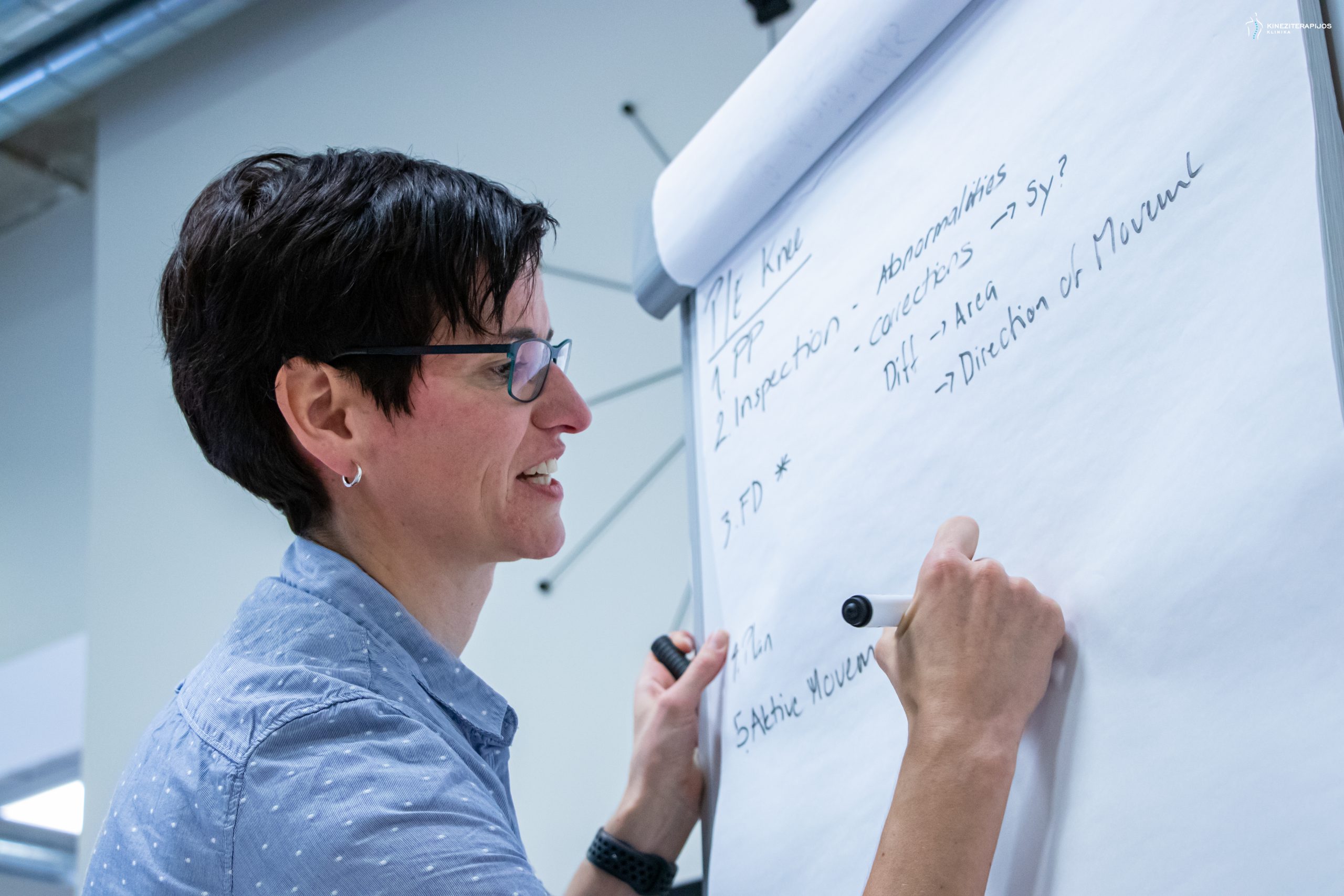
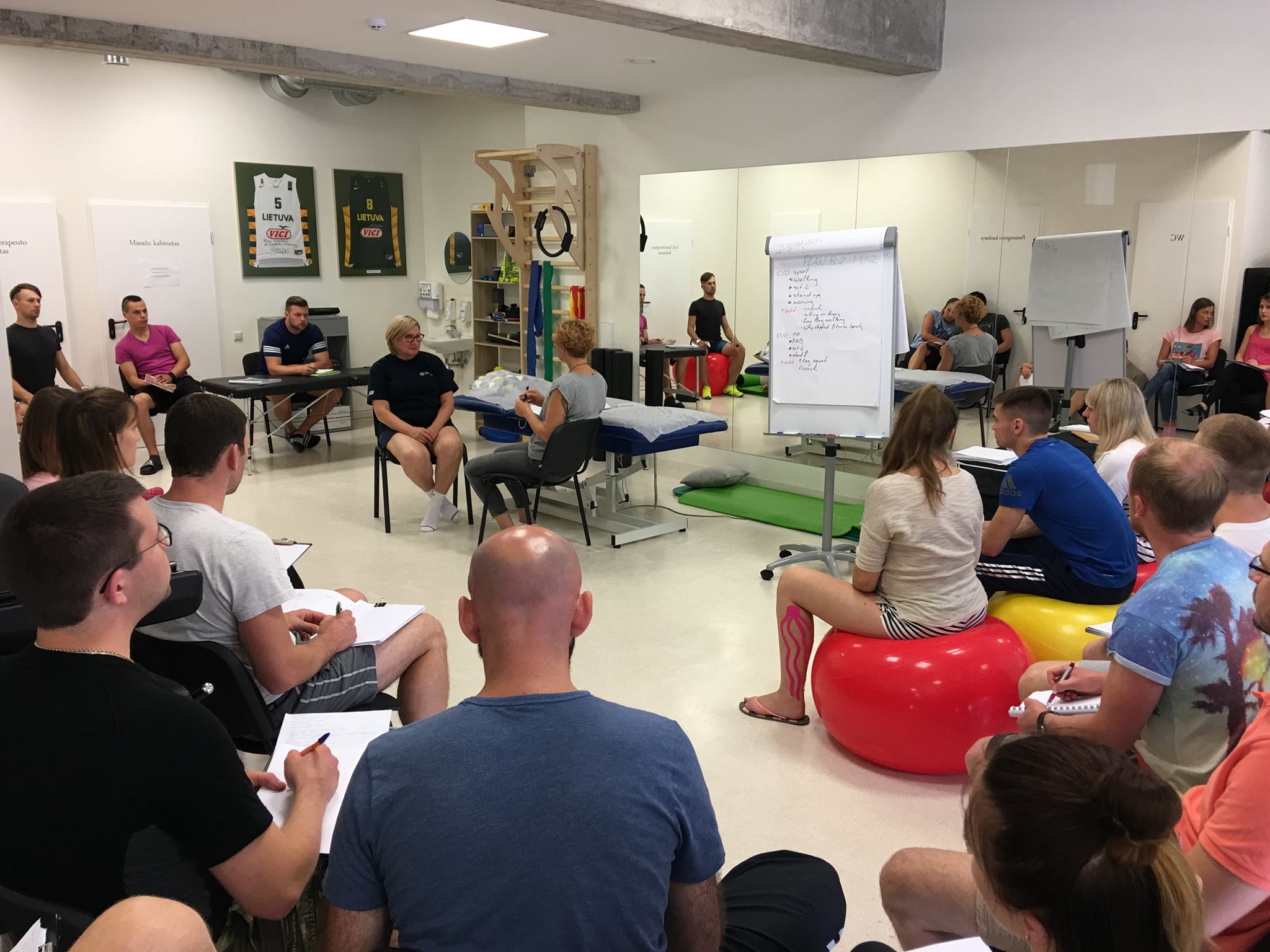




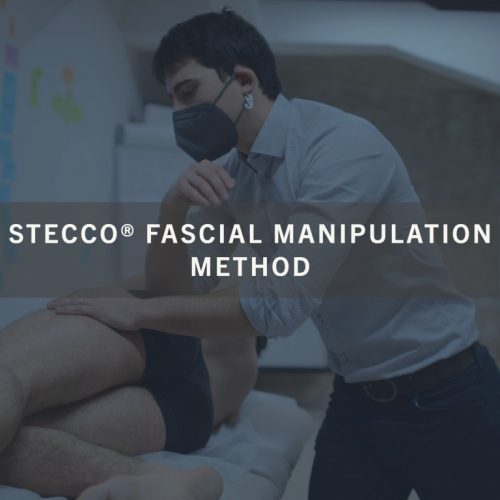
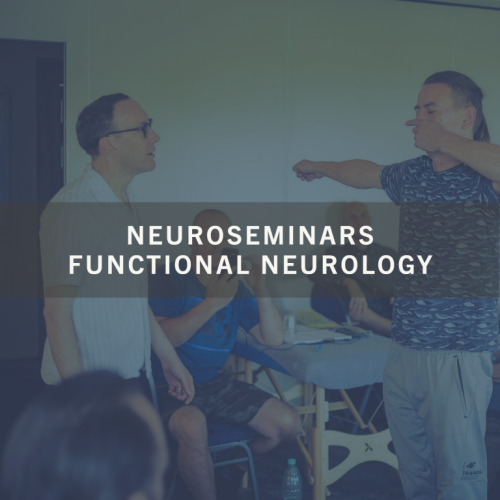


Feedbacks